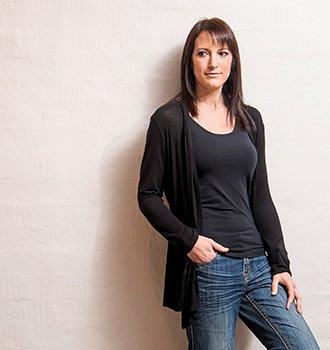Latest News Archive
Please select Category, Year, and then Month to display items
11 February 2022
|
Story Leonie Bolleurs and Rulanzen Martin
![]()

After two years of lockdown, online meetings, and limited contact with colleagues, academy at the University of the Free State (UFS) is gradually returning to normal. This month (February 2022), staff, students, and members of related industries will convene on three different occasions to learn about cutting-edge scholarship, to reconnect with each other, and to discuss issues impacting society in the fields of theology, the humanities, and agriculture.
Seminar on ‘The Limits of Decolonisation’ with Prof RW Johnson
Date: 24 February 2022
Time: 09:00-16:00 SAST
Venue/Platform: Equitas Auditorium, UFS Bloemfontein Campus, and Microsoft Teams
Decolonisation has been a heated point of discussion for some time now, but have you ever wondered if there could be limitations hindering the decolonisation project? The Departments of Political Studies and Governance and Philosophy and Classics at the UFS will host an array of academics and experts for a hybrid seminar on the topic The Limits of Decolonisation.
If decolonisation is an important issue for you or if you are interested in the topic and its relevance and influence in the world and academia, you should join or attend the seminar – either online via Microsoft Teams or in person in the Equitas Auditorium – on 24 February 2022 from 09:00.
The keynote speaker is political scientist
Prof RW Johnson from the University of Oxford. Prof Johnson is an emeritus fellow at Magdalen College and is the author of several acclaimed political books. The other speakers are all from the Departments of Political Studies and Governance, and Philosophy and Classics. Terrence Corrigan from the
South African Institute of Race Relations will speak on The relationship between critical race theory and decolonisation.
RSVP: Alice Stander StanderAFM@ufs.ac.za (please specify dietary requirements, as a light lunch will be served)

#Women'sMonth: Lack of HIV education still affects children
2017-08-17

Dr Nickie Goedhals, Senior Lecturer and Pathologist
in Medical Microbiology and Virology at the UFS.
Photo: Sonia Small
“Despite all the advances in the management and prevention of HIV, children still become infected every day, often due to lack of education and access to health care.” This is according to Dr Nickie Goedhals, Senior Lecturer and Pathologist in Medical Microbiology and Virology at the University of the Free State (UFS).
Study published in UK medical Journal
A case study she was part of and published in the UK medical journal The Lancet in 2012, demonstrates the transmission of HIV to a child through surrogate breastfeeding. This study is one of the many highlights in the young researcher’s career. She received her first rating from the National Research Foundation (NRF) in 2017 for the work she has done in Medical Virology over the past eight years.
According to the above-mentioned study, only about 1% of infants in South Africa are being breastfed by a surrogate. However, results from a study in the Free State showed that shared breastfeeding by a non-biological caregiver was the most important factor associated with HIV infection in discordant mother-child pairs. Therefore, continued education about the risk of HIV transmission is needed.
Dr Goedhals is also continuing with research on HIV by looking at HIV drug resistance. She is in the process of starting new projects focusing on HIV infection and drug resistance in infants.
PSP helped with NRF-rating
She says, although her NRF Y2-rating is the starting point of a research career, it shows that she is heading in the right direction, and it “gives access to research funds through the NRF for future projects.” Other important research she conducted was on Crimean-Congo haemorrhagic fever – the study for her PhD.
The Prestige Scholars Programme (PSP) at the UFS is the reason that she applied for the rating. “With all the service delivery, teaching, and administrative responsibilities of academic medicine, it is easy to lose focus. The PSP has really helped to create a focused and stimulating environment for research.” According to her, the PSP also provides access to a network of peers and senior staff at the UFS, as well as exposure to national and international experts.